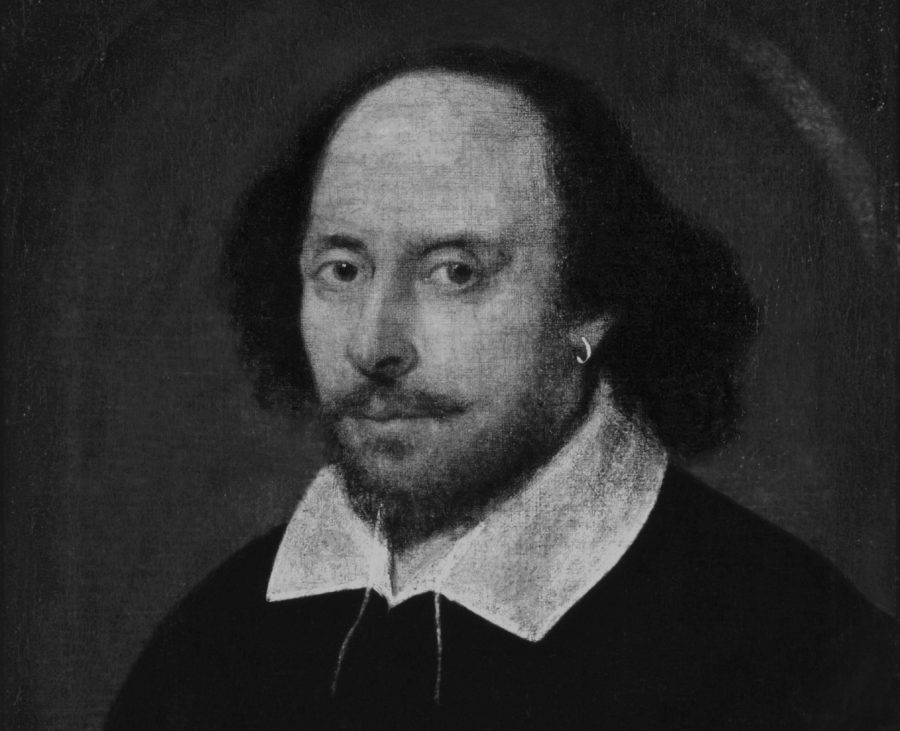Shakespeare plays co-authored
Christopher Marlowe has received co-authorship credit for three Henry VI plays that were previously credited solely to William Shakespeare
Nov 14, 2016
Elizabethan playwright Christopher Marlowe, author of Doctor Faustus has recently been given credit as a co-author of William Shakespeare’s Henry VI plays in Oxford University Press’s new edition of Shakespeare’s work, which is being released this month.
Marlowe has long been suspected to have been involved in the writing for the three Henry VI plays. However, Marlowe has not been given credit for his influence on the work until now.
The expected edition of Shakespeare’s works has been researched by academics with modern computerized tools that suggest that Shakespeare collaborated with other authors much more often than previously speculated.
Jesse Swan, professor of English and coordinator of LAC2A humanities, said he is excited about this news for what it means for the future.
“It is extremely exciting, not least for advancing the ways we think about evidence and reality,” Swan said. “The real news here promotes the use of various Digital Humanities techniques to explore how we can know humans across time and space.”
Swan also noted that this is likely just the beginning of continued computerized research involving Shakespeare’s works.
“They will continue to be explored for all kinds of influences, including authorial,” Swan said. “What seems interesting to me is the potential to use our new Digital Humanities techniques to reveal influences on the texts that we haven’t been able to appreciate without these techniques – influences such as those of individual actors or those of individual printing presses.”
Swan said that the idea of Shakespeare working with other authors for many of his works is nothing new.
“It has been well known for a long time that Shakespeare collaborated and that the texts we call Shakespeare’s have been shaped by many people and interests,” Swan said. “What’s new here is that the interests of digital representation, manipulation, knowledge and pleasure are being applied. One effect of this is to make ‘Shakespeare’ even more important and central in the story we tell of our lives and our existence.”
While this idea may be nothing new, the credit being given to Marlowe in the New Oxford Shakespeare collection has brought the topic to new light among Shakespeare and Marlowe fans alike.
Richard Vanderwall, assistant professor of English, stressed how common it was for writers to collaborate during Shakespeare’s lifetime.
“The research will never be able to be fully proven because there is no ‘Official’ to decide this,” Vanderwall said. “The fact of the matter is all the writers of the time collaborated. It is highly probable that Shakespeare could be credited with co-authorship of others’ works as well. This was a rough and tumble profession; actors were considered to be criminals, and they lived in the worst district of London. The fact that they would steal from each other or help each other here and there is very probable.”
While the past may always be shadowed in mystery when it comes to who should be given credit for various pieces of literature, Vanderwall said that this is not the heart of the matter.
“Many books a year get published about Shakespeare, and a lot have made claims in them about Shakespeare not being ‘Shakespeare,’ so to speak, because of these ‘outside influences,’ but the main thing to take away from this is that it does not change the work itself,” Vanderwall said. “The Henry plays are still those plays that have been enjoyed for many, many years, and the root of this is that no matter who wrote what, the art is still art and will continue to influence readers.”








